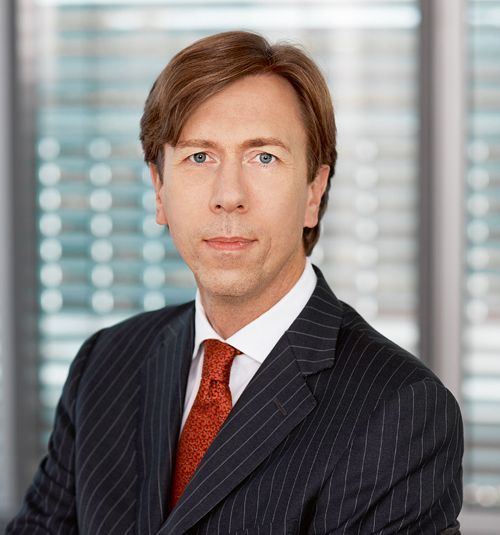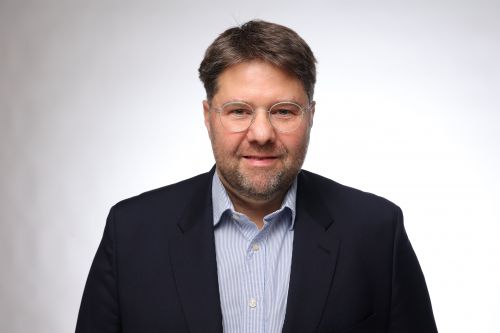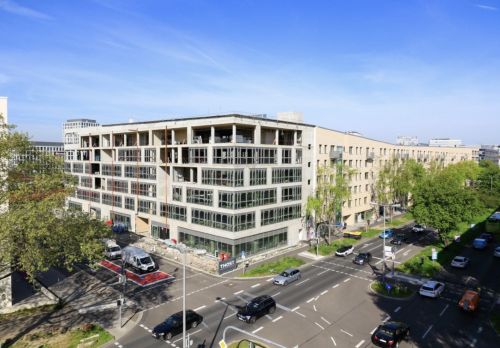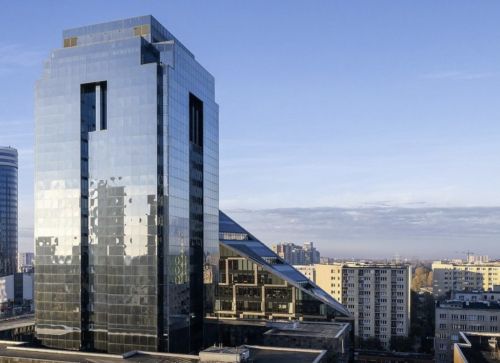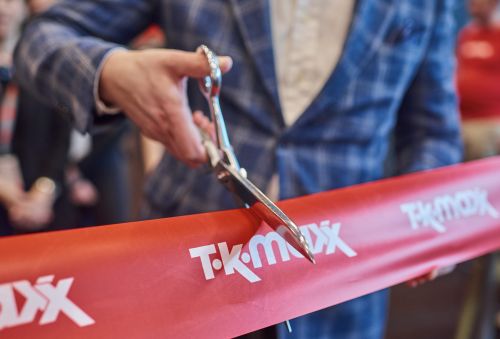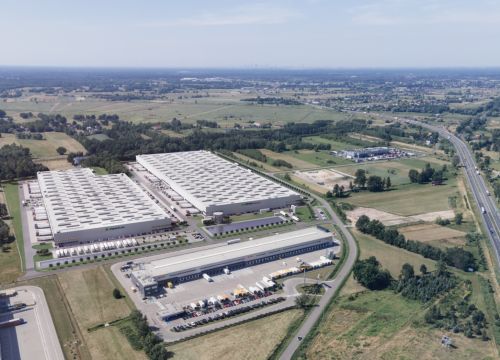September saw the closing of the EUR 400 mln acquisition of Silesia City Center – the largest single asset acquisition in the CEE region this year. The Katowice shopping complex, with a leasable area of 85,000 sqm, was sold by Immofinanz to a consortium led by German investor Allianz Real Estate, which now has a 45 pct stake in the property. In the last twelve months the company has also closed its transaction to buy the Warsaw Financial Center (a EUR 210 mln deal in which it has an 87.5 pct interest), as well as its EUR 173 mln purchase of Platinium Business Park in the same city. Stefan Brendgen, the CEO of Allianz Real Estate Germany, spoke to us about these deals and the company’s future investment plans
